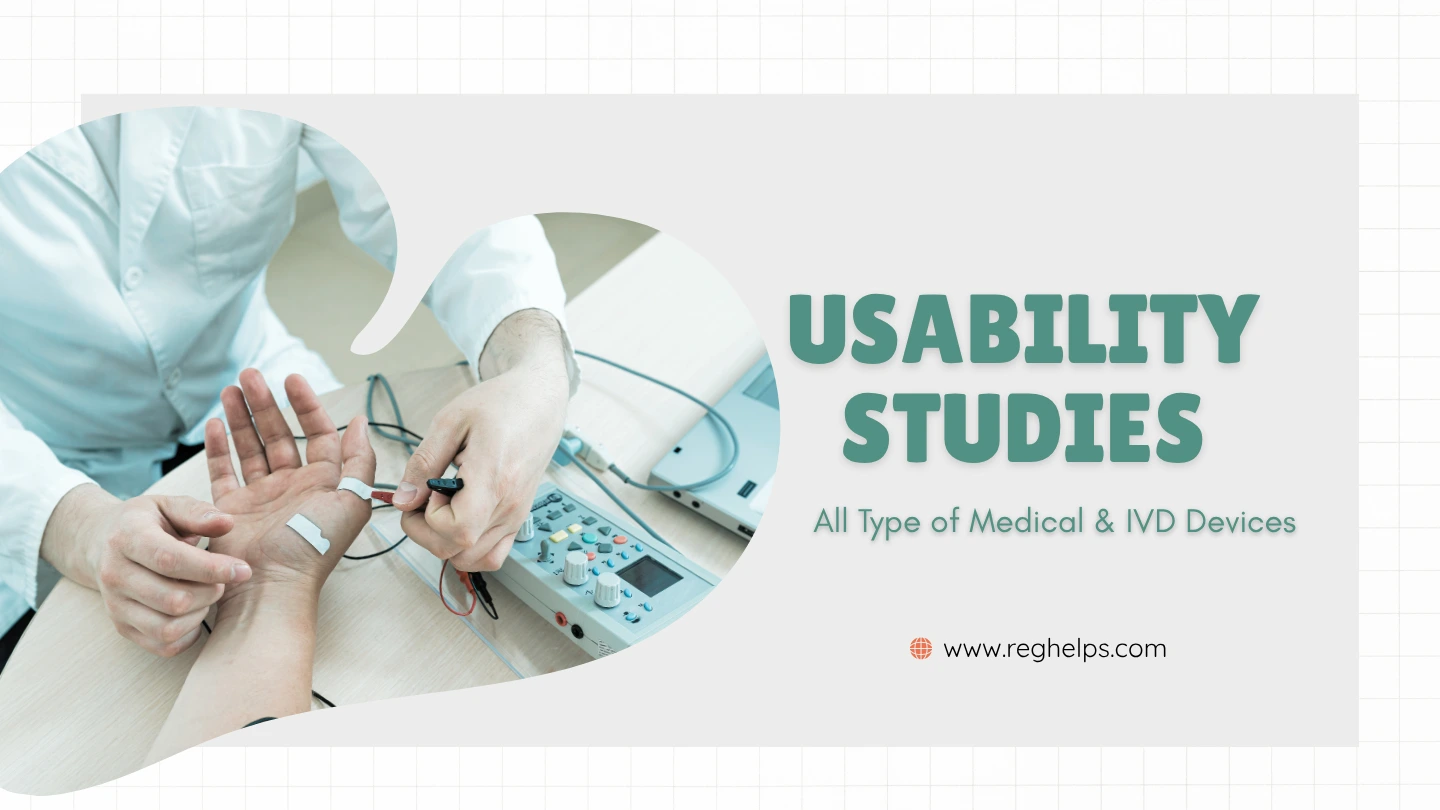
our approach aimed at maximizing productivity & efficiency.
Medical Device Human Factors and Usability
Human Factors in Medical Devices refers to how people interact with medical devices focusing on usability, safety, and effectiveness. It is also called Usability Engineering and is a critical regulatory requirement for device design and approval. Human factors engineering (HFE) in medical devices is the application of knowledge about human behaviour, abilities, limitations, and other characteristics to the design of devices, ensuring that they can be used safely, effectively, and comfortably by the intended users in the intended use environments.
Why Human Factors in Medical Devices Important for Regulatory Approvals
Human factors play a critical role in the design, development, and approval of medical devices because they directly impact safety, compliance, usability, and risk management. From a patient safety perspective, integrating human factors prevents use errors that could otherwise result in injury or even death. In terms of regulatory compliance, both the U.S. FDA through 21 CFR Part 820 and its 2016 Guidance on Human Factors and the EU MDR, along with ISO 62366, mandate that manufacturers incorporate usability engineering into device development. Beyond compliance, strong attention to user experience ensures that devices are intuitive and easier to use, which promotes wider adoption, reduces the learning curve, and minimizes training costs. Finally, human factors are an essential element of risk management, enabling manufacturers to identify, evaluate, and mitigate misuse related risks, ultimately ensuring that the device is safe and effective throughout its lifecycle.
Role of RegHelps SRC as your CRO
A CRO acts as a usability partner, guiding manufacturers through the full Human Factors Engineering lifecycle from planning and risk analysis, to formative/summative usability testing, to preparing regulatory documentation. By leveraging CRO expertise, manufacturers reduce compliance risks, accelerate approvals, and ensure their devices are safe, user-friendly, and error free documentation
service related FAQ’s
Key standards include:
-
ISO 62366-1 – Usability engineering for medical devices.
-
ISO 14971 – Risk management for medical devices.
-
IEC 60601-1-6 – Usability requirements for medical electrical equipment.
-
ISO 20916 – Performance studies for IVDs.
No. Human Factors studies complement but do not replace clinical evaluation. They specifically assess device-user interaction, whereas clinical evaluation assesses clinical performance, safety, and benefits.

